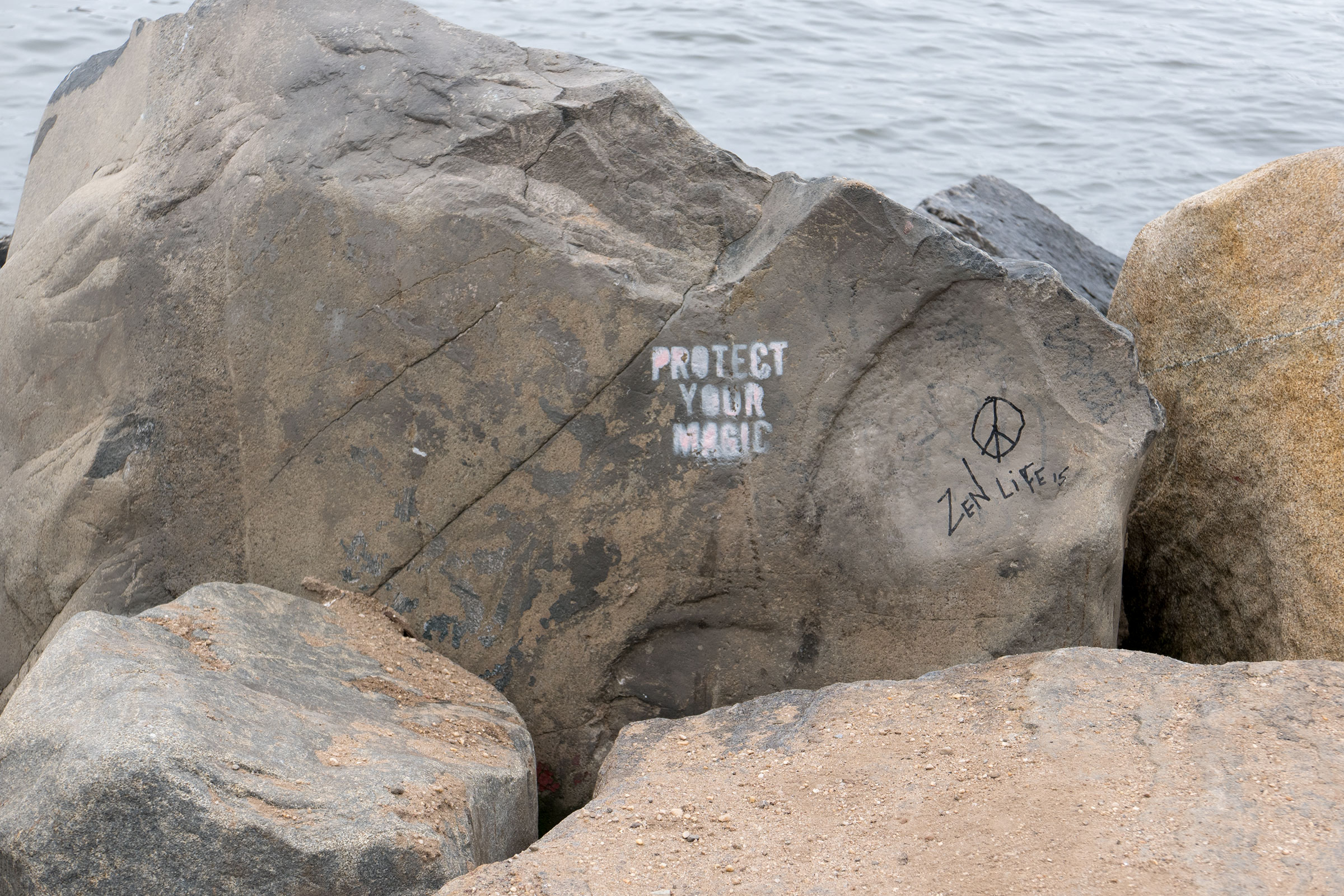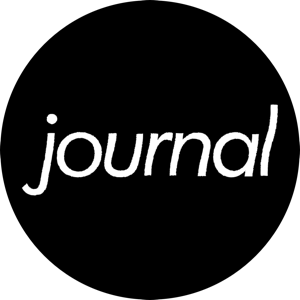
Tina Vaden on creating change to experience change and making inclusivity the norm
Tina Vaden is a ray of sunshine in human form. At once dynamic and introspective, Tina has worked as a video editor for companies such as Nylon and Lunette, and has pursued freelance projects in editing, direction and photography, while conscientiously working on ways to make her work environment inclusive and representative of women, queer people and people of color. We perched ourselves by a small inlet that faces New York City's immense landscape, a space that is Tina's prefered place of quiet contemplation, and she shared with us her journey and what makes for a healthful workplace.
Tina, tell us a bit about yourself.
I’m a storyteller, seeker, traveler, creator, filmmaker, adventurer, reader, kitchen witch with naturopathic tendencies, runner, napper, born in Georgia, raised in Southern California, based in New York, and got here by way of Philadelphia. Dancing is my favorite way to experience my body. Learning new things, discovering new places, and creating platforms and opportunities to connect and share bring me deep joy.
You are a California native who has lived in New York for more than a decade – how have the coasts shaped you?
Growing up in California taught me what real abundance looks like. I don’t come from material wealth, but we did have access to trees coming alive on an early morning Spring hike. The ocean sang me to sleep often. I knew how to count the stars, and name them, because I could actually see them. My life felt rich because of the access to landscape, and my wildly imaginative brain swore I saw fairies around every corner. The Los Angeles music and nightlife scenes offered me a lot. The remnants of the 90’s/DIY riot grrrl punk movement were still in the background when I was a teenager, and I did all I could to grasp what was left in my fists. I learned to scream, to take up space, to make things myself, I learned that I had power and that I mattered, because I said so, and because I saw other women and queer people take the stage and remind me. Later on, down the streets of Hollywood, as a baby club kid I learned the magic of a dance floor, and the power of aesthetics and self expression/style. I think most of all, California taught me to accept my differences, my wildness, and taught me how to play. When I got tired of the superficial of aspects of Los Angeles, after I’d been forced to drop out of film school due to lack of funds, and couldn’t handle one more person asking me “what I did” – like I was someone to collect or reject – I came to New York, by way of an incredibly important year in Philadelphia. It’s hard to define how New York has shaped me because it’s been a struggle since I got here. Twelve years of struggle. What I do know is that I really came out, to myself and others, first as a lesbian, then as queer, finally as gender fluid/non-binary in New York. I learned how healing and, in my case, necessary queer family is. How even more necessary queer people of color are. I dated some of the most beautiful, talented, and damaging people here. Every one of them was a teacher I remain grateful for. All of them led my to my current partner, who is one of the kindest, most supportive, and exciting people I have ever met in my life. I danced a lot, bottomed out many times, played in a really rad queer feminist band, was homeless for a year, got clean and sober, loved and lost and loved again, built a career, never gave up, and proved that I am stronger than I ever imagined because I have survived some shit here. Essentially, I grew up here. So whatever ways trauma and growing shapes us…that’s how the East Coast, and especially New York have shaped me. I appreciate every second, but life doesn’t have to be this hard all of the time, and I’m excited to take everything that I’ve learned back to California for a while, to heal and play in a way that comes easy to me, and continue building an even bigger life & career. Who knows where I’ll go after California.
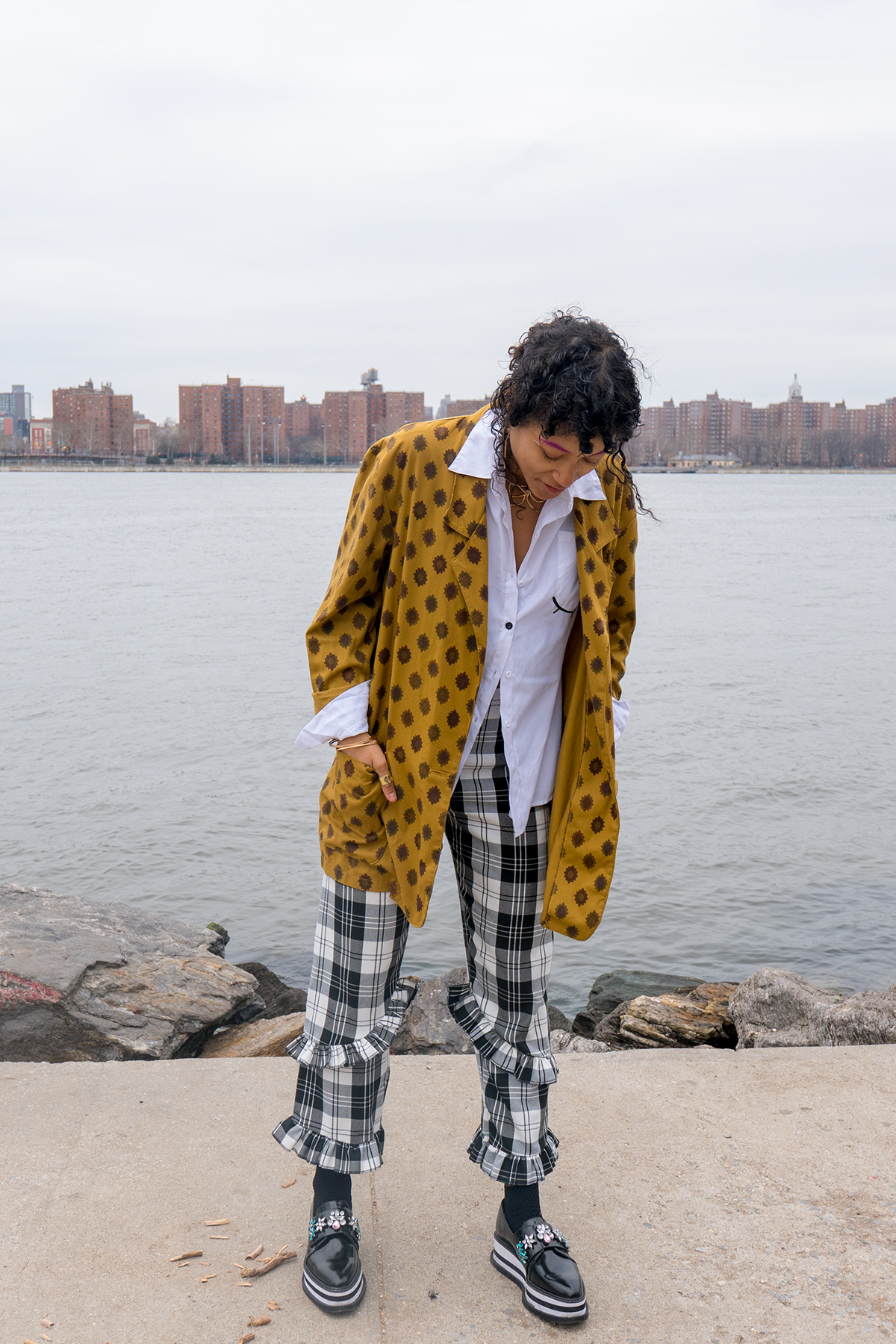
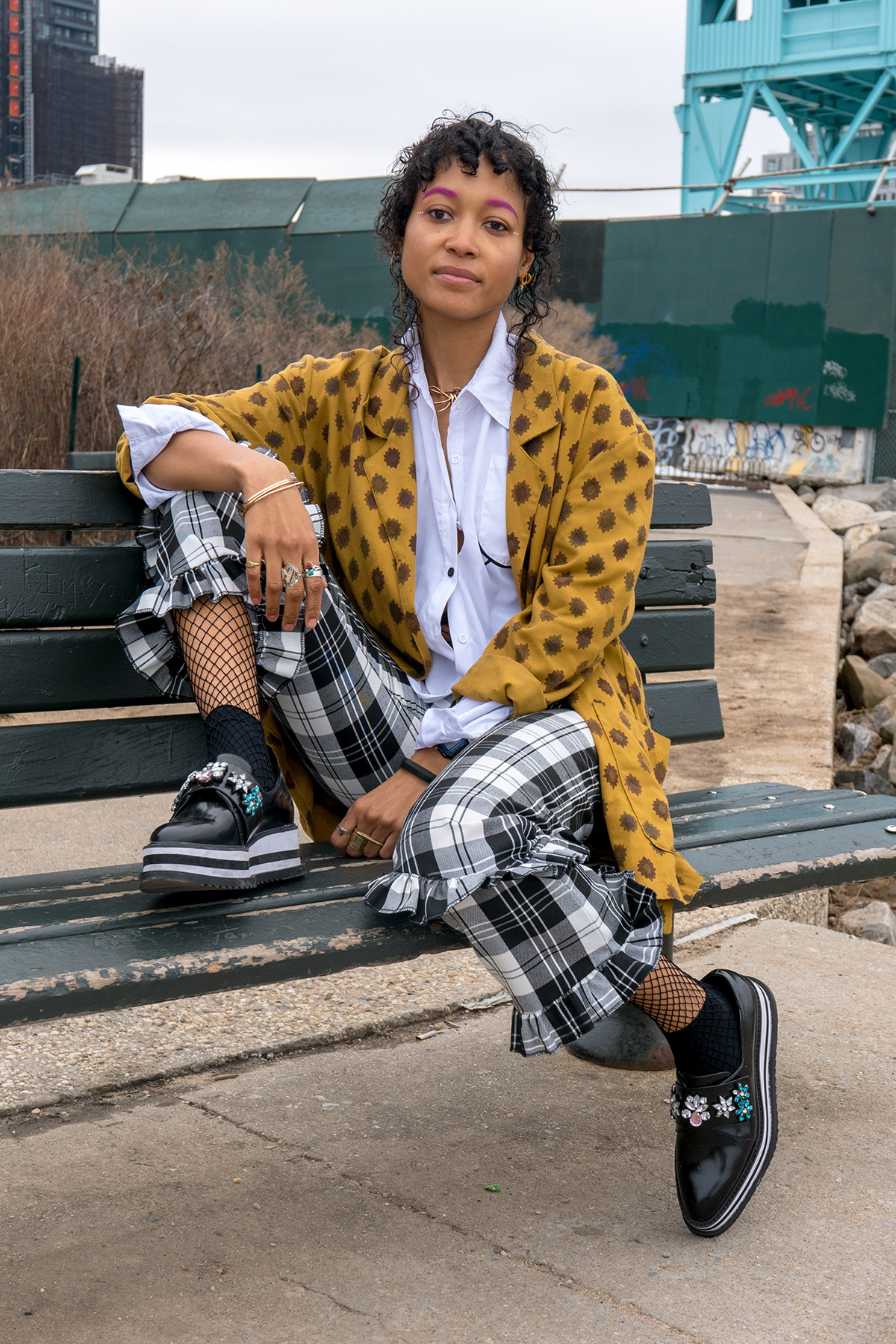
As a multi-talented creative, do you reserve certain skills for personal projects and for professional ones? How do you discern those boundaries?
As a writer, director, and editor, I’m fortunate to be working in some combination of those three roles, which has been a goal I’ve worked hard to manifest. But I’m also a photographer. When I left film school, video was not the thing it is now, and accessibility to film as a platform didn’t seem like an option for me so I chose to pursue an education in photographic storytelling. After I left school, I was working in New York as a photographer as best I could but I never truly broke into the industry. When opportunities in video started to arise, I took them. I still shoot photographs, and have a few outstanding projects that I will eventually turn into books. One was a show already, and it was really empowering to see people interact with my work in that way, but I think that’s going to remain a personal creative avenue. Someone once told me “don’t get good at the job you don’t want”, and while I value still images and the artists in my life that create them, I have wanted to be a filmmaker for as long as I can remember, which makes it easy to align myself with work that encourages that. What I’m working on now is how to pivot back to writing and directing my own projects because the cycle of “work really hard for others so you can get paid and survive New York” is a very real thing and creating personal space is a challenge; one that I’m excited to be working to overcome.
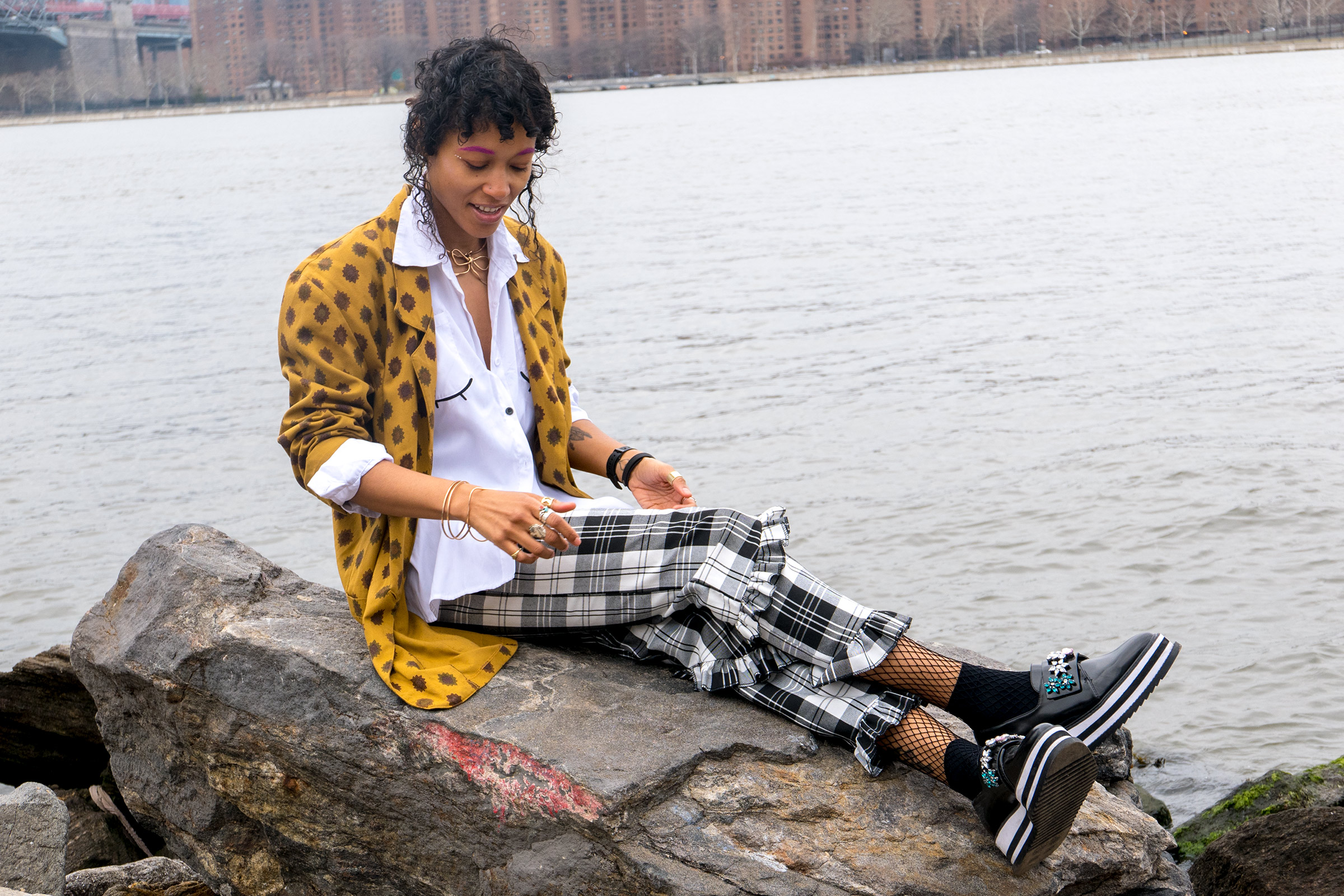
Film director Ava DuVernay recently addressed that diversity and inclusion in film (both behind and in front of the camera) is often viewed as an allowance or permission, rather than the correcting of an error. What is your experience with the latter or former attitudes?
I’ve been on sets where I, as the director, have had to do some Jedi mind tricks to appease the egos of members of crews while still asserting myself, because they spoke over me, ignored me, and were disrespectful. Microaggressions are alive and well, alas. I’ve experienced the occasional person who has taken a tone with me (across the gender spectrum), that I suspect they wouldn’t have had I been a cis white man. It is both frustrating and exhausting. When I used to do more work in front of the camera, I was usually the token person of color, and have been told on more than one audition/casting that I was lucky to be where I was.
Most recently, I had the great fortune to work on teams that consisted primarily of queer people/women/people of color and allies, where the atmosphere was professional, respectful, and the focus was on the getting the best job done. Those kinds of environments have shaped the level of tolerance I have for anything less. When I have the opportunity to hire people myself, that’s the kind of team I work to build. It’s not a new idea, but it’s very true that the more inclusivity becomes the norm, and the more diversity that exists behind the scenes, in pre-production and production, in the writing rooms, in crews on sets, etc., the less space there will be for that attitude of allowance and permission.
A client I edit for recently said their company was being mindful of hiring more diversely, focusing on women in production and post-production because they were listening to what people have been saying about the film industry and the employment pool remaining too cis male saturated. In response, they’re taking initiatives where they can and shifting to be mindful of this. I think that’s important, and that's how change begins. Accountability and action.
I also honestly believe that as frustrating as it is, the only guaranteed way to experience change is to create it. As I said before, I make it a point to do this in the production teams I hire, and the people I work with. Don’t see enough people of color, women, trans or non-binary identities being offered a platform? Create one that will provide that space. I started a blog recently for this exact reason. Instagram has proven itself to be a powerful platform, along with Twitter, and Tumblr is still a viable space if a website is out of your price range. Don’t see enough stories on the big screen that represent your narrative? Take to the small screen to start. If you have a cell phone with a video camera, you can create a Youtube channel and represent yourself. Bless the internet, dude. The fact remains that a great deal of power is still in the hands of a limited few, even in entertainment and media, especially if you are below a certain income, differently abled, or over a certain age. It can be painful to be in the world and to try to make a mark as a creative person. The internet still is a (mostly) free market where anyone can get their story out, and connect with others in a way that I certainly couldn’t for the first half of my life, because things hadn’t evolved to where they are now. I know the web can be a dangerous place, but it can be a liberating one as well, and I think it has potential to continue being a great equalizer and solution for battling these issues.
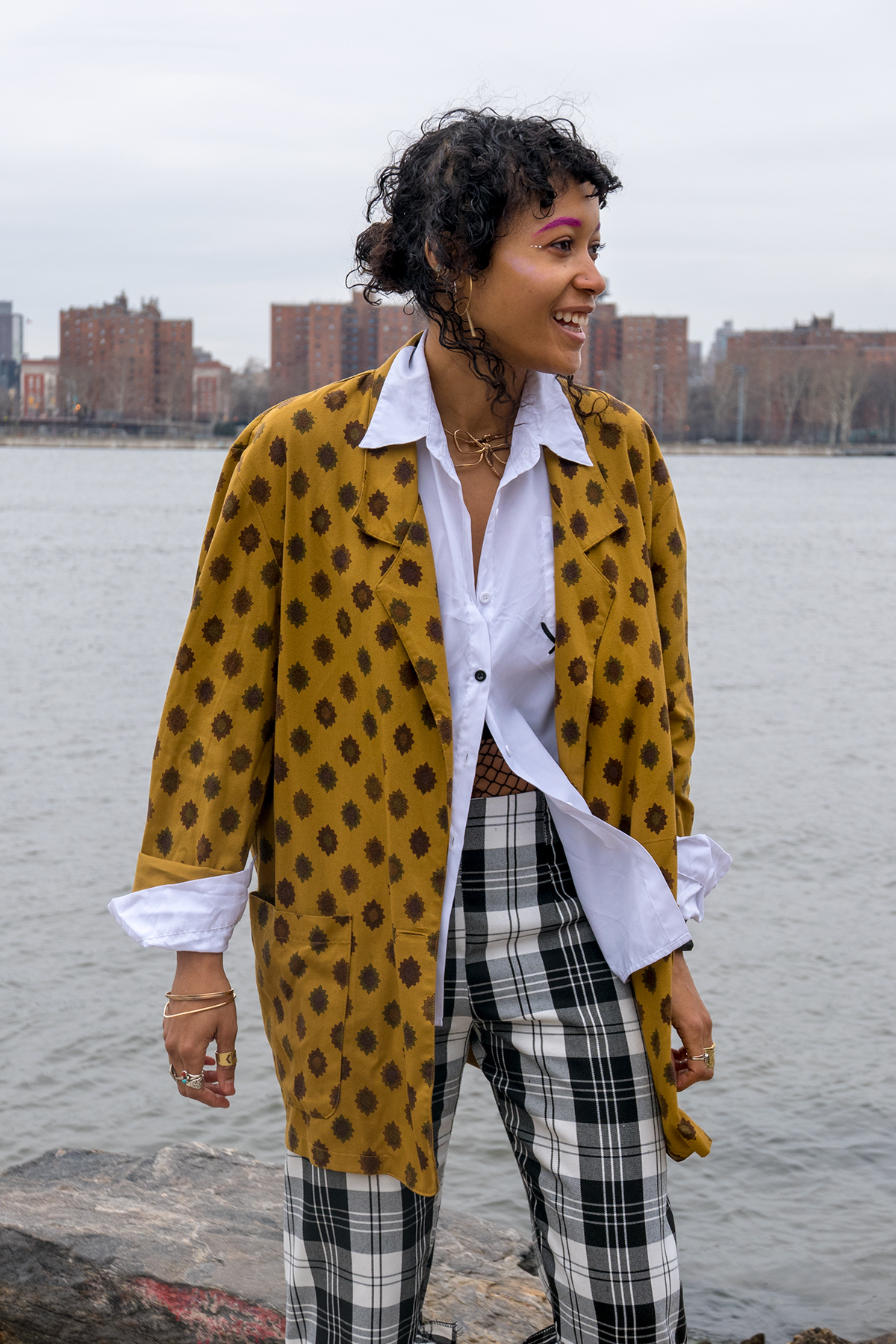
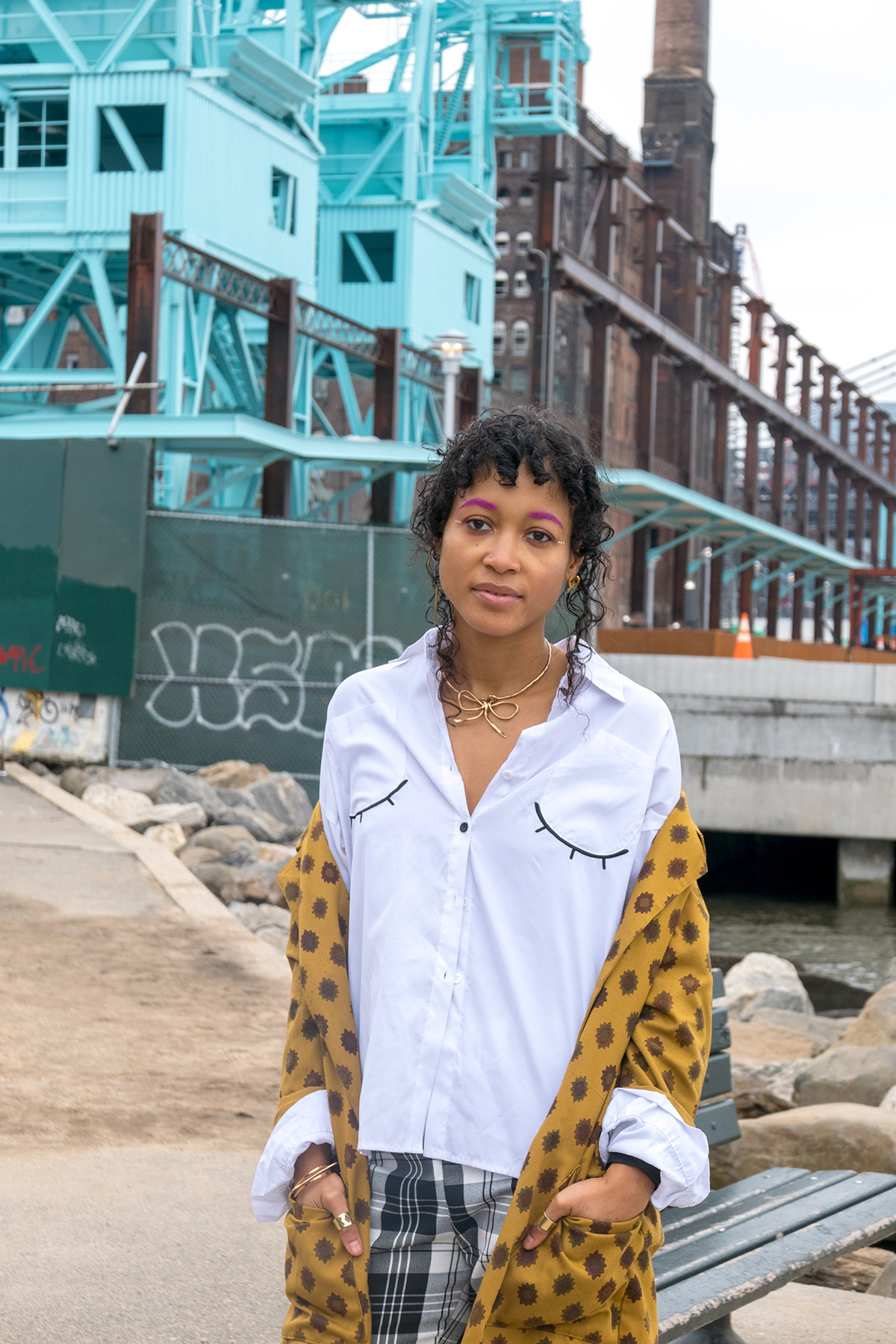
What was a pivotal moment of your career?
When a friend reached out to me and told me that Princess Superstar and Margaret Cho needed a video editor/animator for a music video they’d shot. This turned into more opportunities to work with them. They are such powerhouses and I learned a lot from every project, and having those videos on my reel definitely opened up some doors.
What obstacles or challenges have most profoundly shaped what you’d now consider to be a personal asset?
Growing up in a home where financial stability and resources were always in flux was challenging at the time, because as a child it was hard to understand why I couldn’t just get and have what those around me did. Experiencing the members of my household making the most out of what was available, and celebrating it with gratitude is a way of being that I still maintain. That shows up as an asset in my personal and professional projects when budgets and resources are tight, but I’m able to still create strong work. I’ve become an incredibly resourceful person, capable of thinking on my toes and adjusting when things go unexpectedly because life has never met my hopes or expectations, yet I’ve managed to make the most of it and find joy. Addiction and substance abuse is another obstacle that I have managed to overcome, with the help of much support via various channels. Who I am because of the work I do to maintain my recovery is someone who I respect, love, and am incredibly proud of. Because of what I went through, I am able to remain open, honest, compassionate, flexible and non-judgemental towards others going through their own challenges on their paths. My capacity for discomfort is extraordinary, as is my patience threshold, and in the industries that I create within; I’m grateful for all I’ve seen, done, and been because there’s nothing anyone can do that I haven’t done to myself or survived, which means I’m free of having to fear what others may expect or think of me.
What is a common misconception about your field that you’d like to address?
The idea that anything of high quality can happen “real quick and real cheap”, especially in video. I feel like we have grown so culturally accustomed to digesting media quickly and think it’s created just as fast. People have forgotten that there is a level of skill and craft that goes in to producing quality work. Writing and conceptualizing takes time, as does scouting, casting, shooting, and most of all, editing. It takes hours, even days to edit videos/films that end up only moments long, when you consider the time needed to watch through everything multiple times, selecting the perfect moment, making a story out of nothing. And it costs money. Rather, it costs money to pay people a fair and appropriate wage. I’m such an advocate for paying people their rates, and for women especially learning what the market rate for their work is, what the men around them are getting paid, and charging it. It’s really shocking what people get away with paying people.
Also the idea that the director does all of the work. There is a whole crew of people that make video and film projects possible, from sound, to lighting, so many moving parts. When I show up on a set to direct, synergy and every skill set in our crew is integral, and everything truly comes together in the edit. It’s a real art, and you have to be a good storyteller to be a good editor. Video editors deserve so much more credit than they receive!
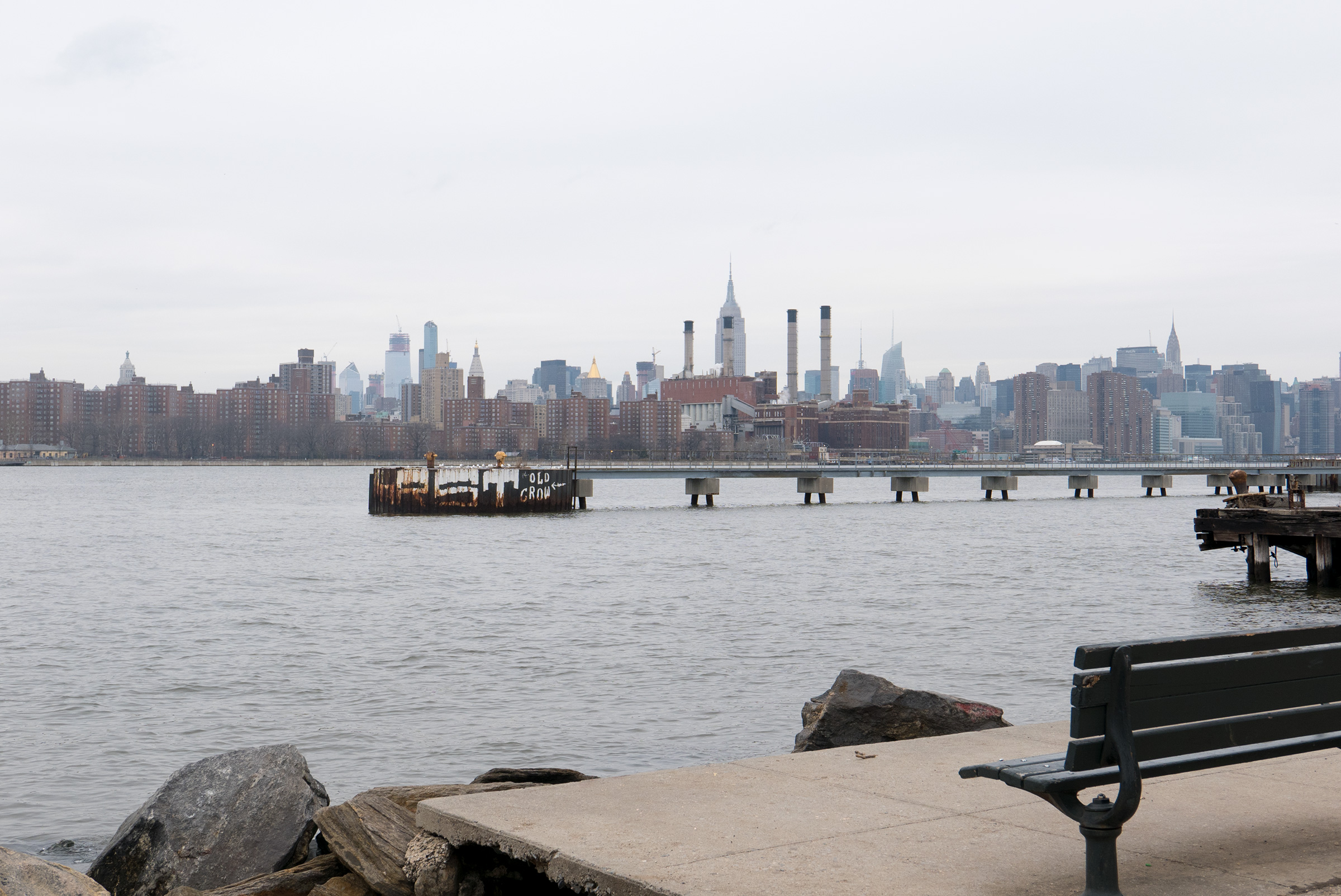
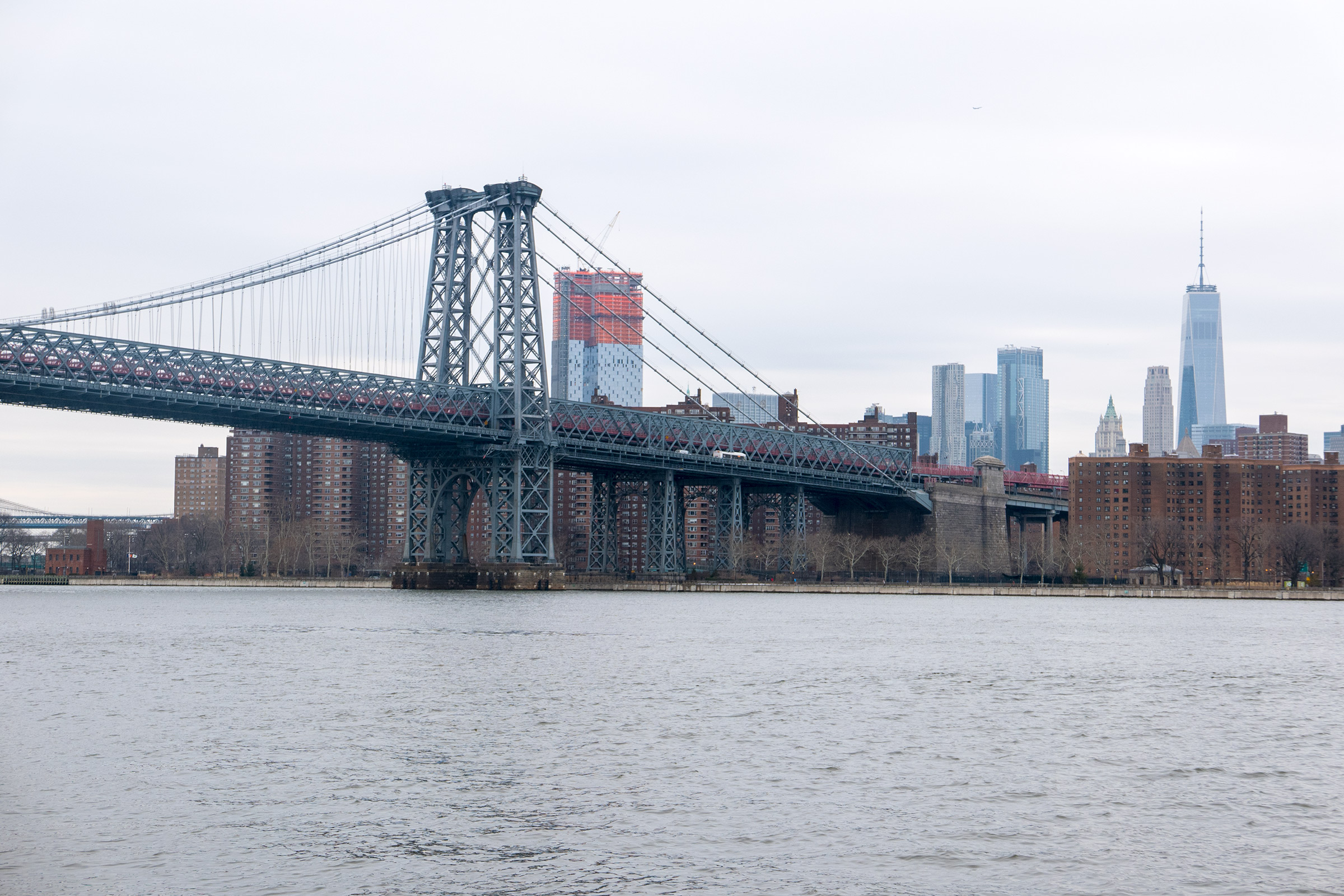
Outside of work contexts, what avenues of creative and spiritual fulfillment do you most enjoy?
I love to draw, I still play music, and I write. Words mean a lot to me, and I’ve always been able to express myself better with written words and images than while speaking. Spiritually, I find it healing to be as close to water as I can. Always water. I practice Wicca and an eclectic mix of magical traditions, Eastern philosophies, and meditation. Dancing is an incredibly spiritual experience for me. Nothing is more grounding and creative than closing my eyes on a dance floor and letting a beat move me.
Working in a city and industry that moves at the speed of light, how do you unwind or re-center?
I read whenever I can. I cannot think of anything better than being transported by literature. Taking my skateboard out at night and riding around helps me clear my head. Doing any physical activity I can really: a walk, yoga, a visit to the gym…swimming is a forever favorite. I swam in a triathlon relay race last year with my aunt and cousin, and training for that was so helpful. It made me go to bed early so I could wake up and swim before work, and I said no to a lot of superfluous activities so I could maintain my routine and work life, and all that slowing down and staying focused helped me build a practice I still maintain. I took up boxing, rock climbing and Muay Thai this year, and they’ve been profoundly helpful when I can get to them. I also make time to prepare myself some phenomenal food. I believe in treating food like the medicine it can be, and the practice of preparing it serves as a form of meditation for me. Additionally, learning about what I’m putting in my body and making choices accordingly is really restorative and centering. My spiritual practices definitely play into my unwinding as well. I’m a huge advocate for naps, and creating space for rest. A power nap during a lunch break can change my whole way of being, and a longer one on a non work-day afternoon definitely makes me a better person. I’m pretty sure naps are a big part of what got me through the terrible winter this year.
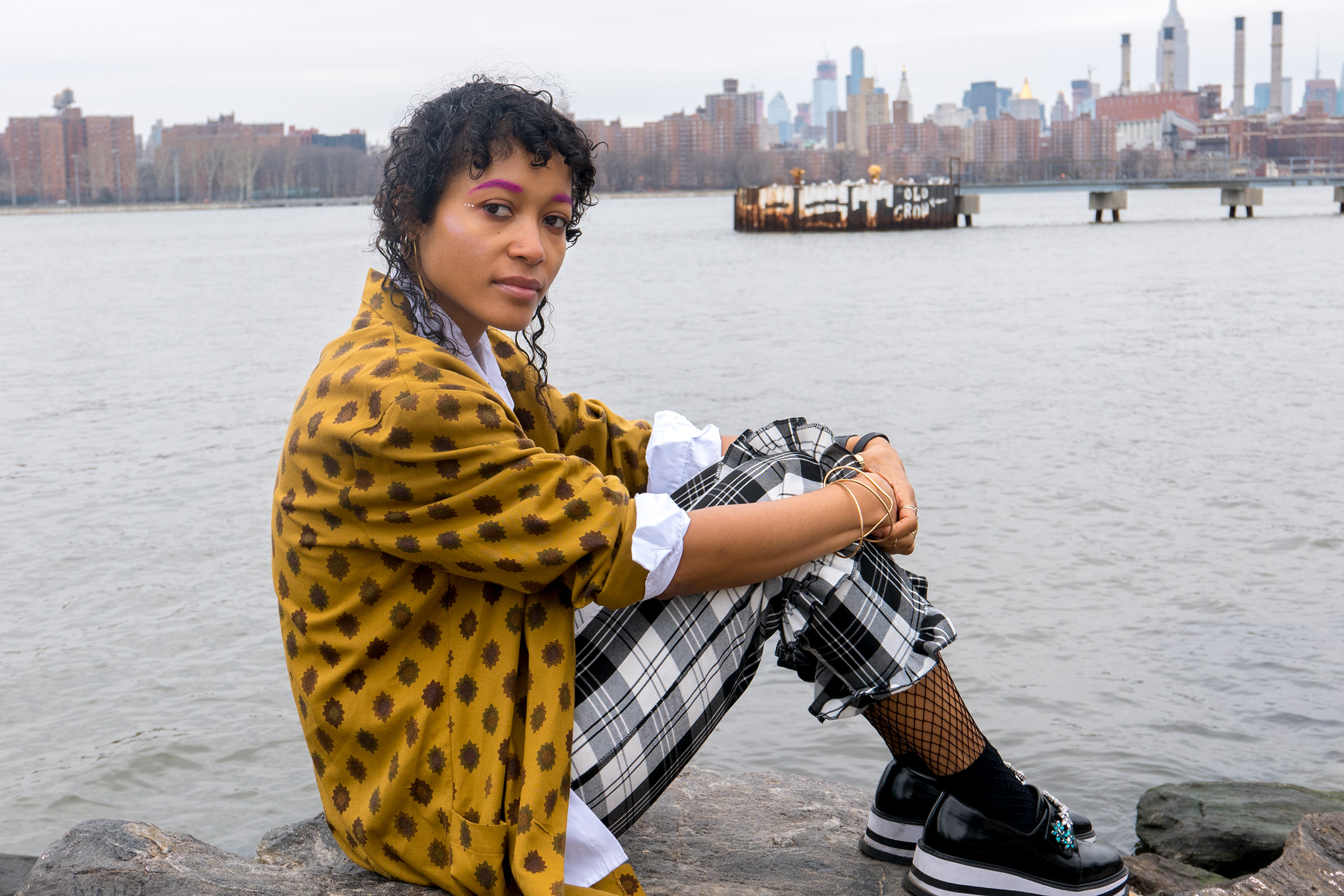
What are you most looking forward to about 2018?
I’m excited to see what the year has in store to be honest. The not knowing is exciting. I left a fulltime (dream) job last year in order to pursue other projects and my own. It’s been fun to be surprised by everything that has happened thus far. I haven’t stopped working since I stepped out on my own, and I’ve had the opportunity to work with incredible people, on projects aligned with my passions and interests. I’m going to be working with friends to create a video for my partner’s music, which I’ll be directing and editing…that’s an exciting step in the right direction. I’ll also continue to write; I’m working on completing a screenplay for a short film this year so I can begin to shoot. I’ve been collaborating with other creatives that have been pushing me to expand my tool box and mindset, and it’s been fulfilling. More of that is definitely ahead. I’m going to start taking pole dancing classes this year. I’m always searching for new ways to challenge myself and to grow stronger physically and mentally. The agility and presence needed for pole work are skills that I imagine will transfer quite usefully into other areas of my life and career. I’ll be traveling to London in May and I’m so excited to give hugs to my friend-fam there. There are few other trips on the docket that I’m eager to take. Traveling and learning from places both new and familiar is a habit and gift I intend to continue working for, in 2018 and on after. I move back to California this year. I am looking forward to saying goodbye to New York with every day that passes, and entering into the next new adventure.
Who are some of your greatest inspirations?
Wong Kar Wai, bell hooks, Sade, Julie Dash, Prince, Maya Angelou, Judith Butler, Diana Ross, Pablo Neruda, Thich Nhat Hanh, Tara Brock, Marilyn Manson, Billie Holiday, Jimmy Hendrix, Venus Xtravaganza, Bjork, Tom York, Stormé DeLarverie, Ava Duverney, Darren Will, Kenny G, Leonard Nimoy, Josephine Baker, Neil Degrasse Tyson, Amalie, Maynard Kennan, Frida Kahlo, Rocco and Tricia Kayiatos, Wangechi Mutu, Carl Sagan, Enya, Gustav Klimt, Philip K Dick, Calvin & Hobbes, Agent M (of Tsunami Bomb), Maggie Chung, Leeloo, Lorna Simpson, Michael Nyman, Fairuza Balk, George Takei, Haly Huebner, Chelsea Forbes, Takashi Miike, Sailor Moon, Mars, & Uranus, Josefina Ballesta, Spike Lee, Janet Mock, Rei Kawakubo, Stan Lee, Donald Shorter, John Hughes, Buffy the Vampire Slayer, Jean Paul Gaultier, Ma Rainey, Daria Morgendorffer and Jane Lane, David Bowie, Jean-Pierre Jeunet Daniel Huskey, Katherine Martinez, Milan Kunderam, Agnieszka Holland Aja Kween, Carrie Mae Weems, Yayoi Kusama. There are so many beings I’ve had the gift of being exposed to and inspired by. Many human, some animated, others characters portrayed by others. All special, and the list is so much longer than this.
